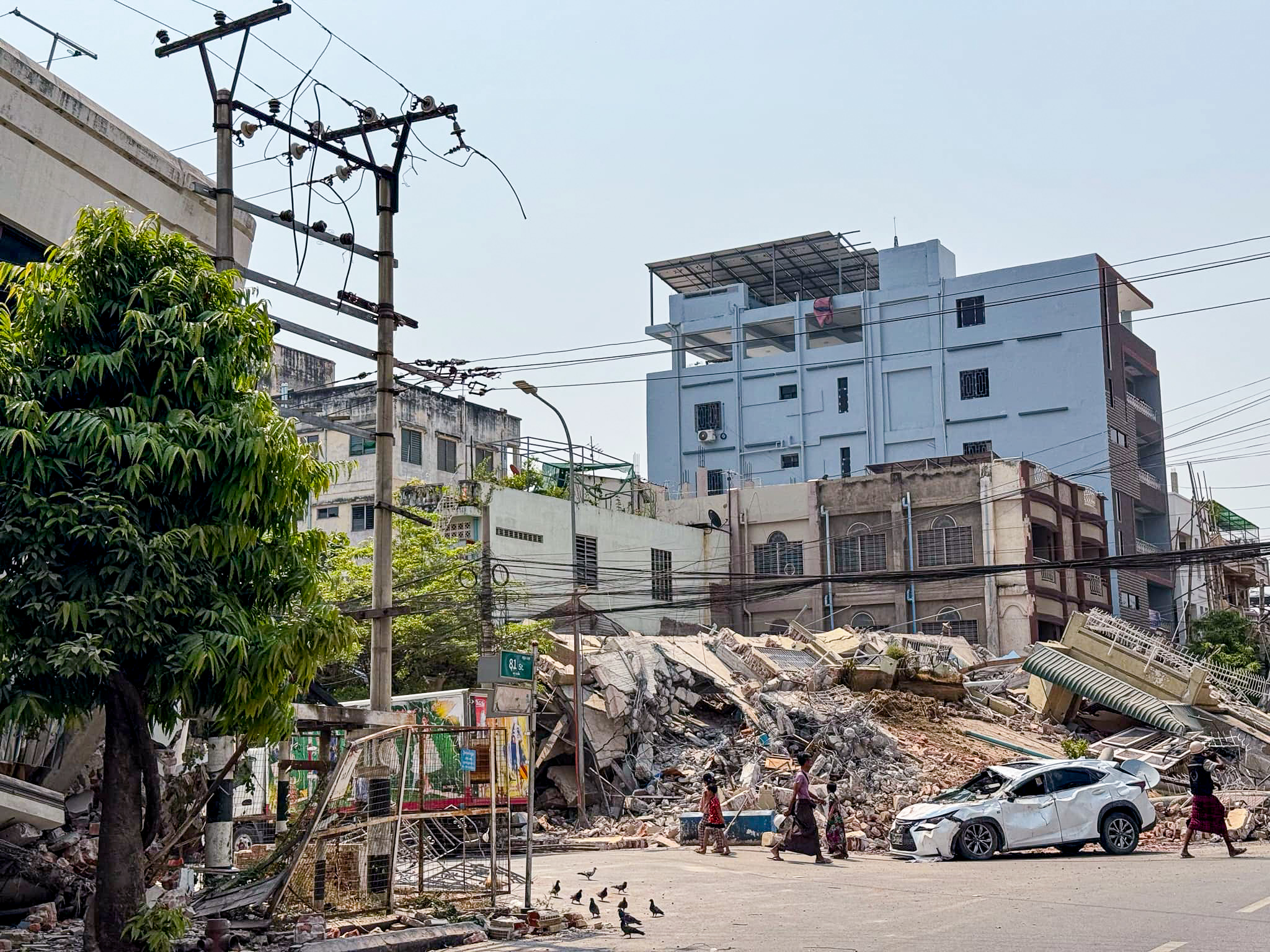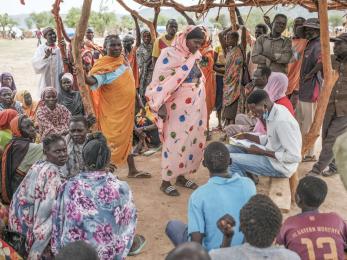Cash assistance is critical for communities recovering from crises

No one could have anticipated the catastrophe that struck Lebanon in August 2020. It was an ordinary Tuesday evening when an explosion rocked Beirut, decimating the port and surrounding neighbourhoods with a force so powerful that it was felt across the entire country. There were more than 200 deaths, thousands injured, and an estimated 300,000 displaced from their homes. As a nation, we were already reeling from the COVID‑19 pandemic and an economic crisis that pushed half of the Lebanese population into poverty. The explosion was yet another obstacle to our communities during a volatile time—especially for small and medium-sized businesses that make up 95% of all formal businesses and employ over 50% of Lebanon’s workforce.
Small businesses across Lebanon were already struggling prior to the explosion and needed immediate aid. They were facing the most challenging of circumstances and their survival was vital to providing basic goods and services in their neighbourhoods. We knew that unconditional cash grants would help small business owners keep their doors open. From a butcher facing eviction from his shop to a former teacher who sold her car to keep her school supply store afloat, we supported 326 small businesses—approximately 29% of them owned by women—with cash grants over £1,900 to £3,500 per business.
Cash gives people dignity. The small business owners we supported gained confidence from deciding how they spent their money. Some shop owners used the cash to rebuild and restock their businesses while others fixed their homes and paid outstanding bills. The goal of cash assistance in emergencies is to help people recover in ways that best work for them. “I was already late on the house payments because I was fixing everything after the blast and short on school payments and fixing the shop at the same time,” said Samiha, salon owner and hair stylist who has been in business for 20 years. She had employed four people but could only pay one assistant while recovering from the explosion. “Because of [Mercy Corps’] help, we got a push forward.”


At Mercy Corps, we’ve supported communities through emergencies and longer-term recovery with cash assistance since 2004, giving them the power of choice about what they need and when. In the U.S., Mercy Corps Northwest provided COVID‑19 relief grants to entrepreneurs in Washington and Oregon to sustain their livelihoods. My colleagues in Iraq supported families in conflict-affected areas with cash assistance which helped them become more food secure and enabled them to invest more in their shelter, education, and health. As we see the humanitarian crisis unfold in Ukraine, where our teams provided aid in 2015-2017, we plan on providing emergency cash assistance and supporting local organisations that know their community needs best. Over the last decade, Mercy Corps has implemented cash programmes in 31 countries including Syria, Haiti, Nigeria, Yemen, and Uganda. Since 2014, Mercy Corps has distributed over £46 million in cash programming to more than 400,000 households.
From Beirut and beyond, our teams have seen firsthand how cash assistance is vital for rebuilding lives and livelihoods. I’ve been heartened to see that our support not only offers material benefit but something less tangible: hope. “Day after day, I have hope that things will get better even though we are at our lowest point now,” said Samiha. “But I do have hope, and I want to keep this shop open because this is my work, my business. This is me.”


